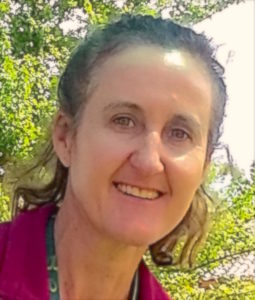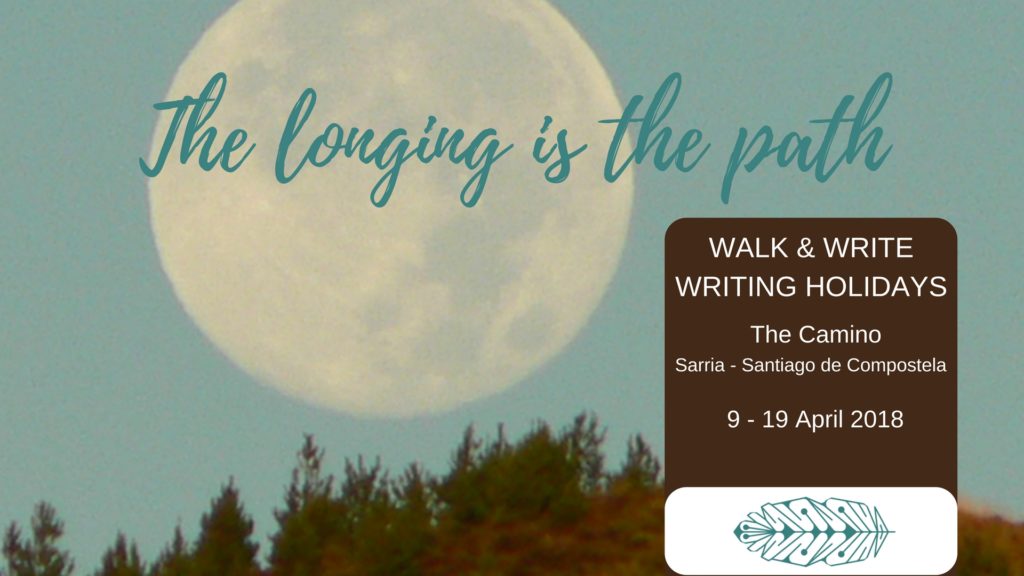
29 Sep ROAD OUT OF TIME: A Pilgrim’s Progress
Travel and mysticism have been important themes in my life.
In my early twenties I lived and worked in Japan, which enabled further travel in south-east Asia. I opened like spring time cherry blossom, witnessing varying traditions and practices. I had never seen such exquisitely tended Zen Buddhist gardens nor sat, crossed legged, in Shinto shrines.
Although I live in a multi-cultural country, I had never seen such colourful streets, chockfull of burning incense in celebration of gods and goddesses.
I grew up as a Presbyterian with the stark absence of female figures; no smiling Virgin Mary and no inspired female saints.
“Presbyter” does not mean priest, but elder; or wise person.
Perhaps priests were never meant to be part of this break away version of Christianity. I am reminded of early Christian Cathars where there were no priests nor churches and women were included as leaders. Cathars, however, were viewed by the Roman Catholic Church as heretics and were massacred for their faith and lifestyle.
The Camino trails that weave through France and Spain carry bloodshed, fear and violence. They are trails that have endured invasions and cultural conflicts. They are trails that require healing.
In my late thirties, I made an unintentional discovery. I was looking for my grandfather’s wooden pipe in a musty dresser in my parent’s home. I had been smelling whiffs of sweet tobacco around their house, and I was hoping to find the same musky remnants I recalled as a child. Instead, my foraging lead to a carefully rolled up family tree showing my mother’s ancestral line. It was beautifully fountain-penned in fine black ink, and I can still hear my gasp when I saw, high in the tree’s branches, the words; John Bunyan, born 1628.
If I had not studied comparative religion, I would have glanced over this ordinary sounding name. Certainly, no-one in my immediate family had ever talked about John Bunyan and, most likely, had never heard of him.
I knew he was a big deal in Christian literature and that he’d spent 12 years in jail for zealously preaching without a licence. His most popular work is Pilgrim’s Progress, which was published in 1678.
This dreamlike tale is about a character called Christian, who journeys from the City of Destruction to the great Celestial City. The road is marked with dangers and delights and there are characters who show kindness and succour, and others who deceive, swindle and lie. In the second part of this allegory, Christian’s wife, Christiana, takes the trail to the Celestial City with their young sons.
Pilgrim’s Progress is a metaphor for the journey of the soul. There will be hardships and confusion, but there will also be the shining light of illumination and understanding. For Christian and his family, the journey ends with joyous reunion with God.
The story is relayed from a Judeo-Christian perspective, of course, which speaks of a sole male creator God ruling from the skies.
Yet knowledge of Divine Feminine and texts such Pistis Sophia are part of our multi-layered culture.
What was once lost, is waiting to be found.

Road Out Of Time is a regular Walk & Write blog about the spiritual, mystical and religious significance and traditions of The Camino de Santiago de Compostela.
Sarah Blogg is a Camino scholar and pilgrim of life, who is drawn to share her research into and insights about the enigmatical pilgrim path across Spain.
While for many pilgrims The Camino is The Way of St James, for Sarah the ancient road is The Way of the Goddess.
 Stephanie Dale is an award-winning author, journalist & traveling writer with a fondness for walking and writing. She is the founder of The Write Road and Walk and Write.
Stephanie Dale is an award-winning author, journalist & traveling writer with a fondness for walking and writing. She is the founder of The Write Road and Walk and Write.
Join Steph for 10 days in April, walking and writing The Camino.
Steph is a passionate advocate for the visibility and voices of everyday people and focuses on supporting new and unpublished writers to write and keep writing. Her work through The Write Road and Walk & Write is dedicated to empowering people to tell their stories, their way.






